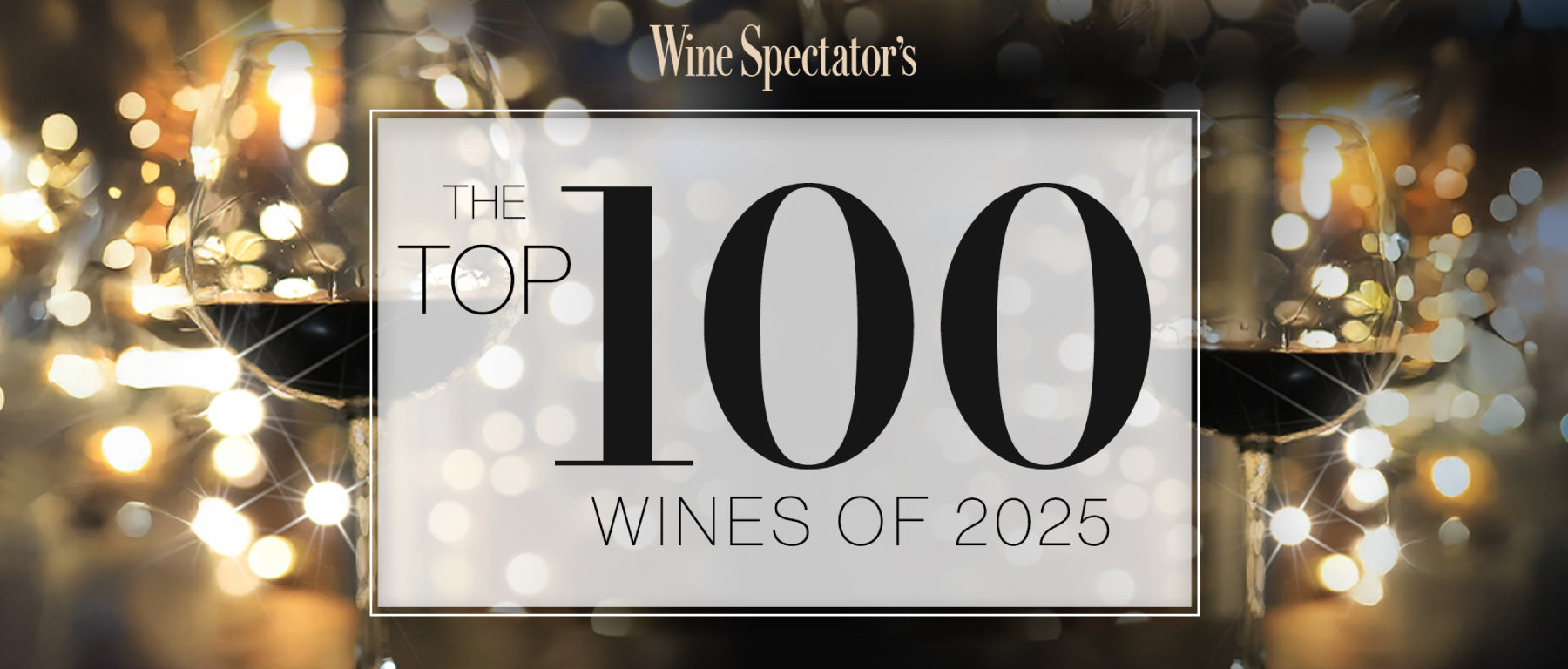Article: Champagne De Sousa
Champagne De Sousa

Our story begins with Manuel De Sousa, a Portuguese soldier who stayed in France after WWI and settled in Avize. Though he died young, his son Antoine laid the foundation for the estate with his wife, Zoémie Bonville, a local grower. Antoine survived WWII as a POW and laborer in a German salt mine. The third generation brought the revolution (in his own domaine, no beheadings involved this time).
Erick De Sousa took over in 1986 and transformed the family domaine into a biodynamic powerhouse long before green labels were cool. He went organic in 1989, biodynamic by 1999, and achieved Demeter certification in 2013—decades ahead of the curve. His philosophy was simple and radical: if you want pure terroir expression, the soil has to be alive.
And if the soil is alive, you’d better treat it like something sacred.
Erick wasn’t content with just farming clean—he rethought the cellar, too. In 1995, he began vinifying the estate’s oldest parcels in oak barrels—not for flavor, but for texture and micro-oxygenation. Add in native yeasts, full malolactic fermentation, and a cellar dug straight into Champagne chalk, and you’ve got a recipe for wines that hum with vitality.

The vines? They’re ancient. Three-quarters of the estate is 45+ years old, with some parcels topping 80. These deep-rooted vines draw minerals from far below the surface, contributing to the estate’s signature style: electric, saline, and intensely chalk-driven. The cuvée Mycorhize—named after symbiotic fungi in vine roots—pays direct homage to this subterranean magic.
The domaine spans about 9 to 11 hectares, mostly Grand Cru Chardonnay from Avize, Cramant, Oger, and Le Mesnil-sur-Oger. Each village adds a nuance—power from Avize, cream from Cramant, structure from Le Mesnil. But De Sousa isn’t stuck in one register: they also source top-tier Pinot Noir from Aÿ and Ambonnay and small amounts of Meunier from the Marne to round out blends like Cuvée 3A and Tradition.
In the cellar, technique meets intention. Some cuvées are kept crisp and precise in tank. Others age in small barrels, adding richness without losing the chalky soul. Bottles are riddled by hand and occasionally undergo poignettage, a rare practice of shaking the lees back into suspension for added depth and complexity.
Erick passed away in 2023, but his three children—Charlotte, Julie, and Valentin—are carrying the torch, committed to biodynamics and bottling beauty. Champagne De Sousa isn’t just making wine. They’re farming stars, fermenting time, and putting Grand Cru chalk in a flute.
The creation of the Cuvée des Caudalies involves a series of meticulous, labor-intensive techniques designed to build aromatic complexity and a signature silky texture. The base wines are vinified 100% in small oak barrels. A small portion of these barrels, reported as between 8% and 15%, are new

oak. This is not to impart a dominant oak flavor but to use gentle micro-oxygenation to build richness and depth.
The house uses only indigenous yeasts for fermentation and does not filter the wines, preserving the most authentic expression of the fruit and terroir.
The wine spends approximately 10 months in oak barrels, during which it is enriched through contact with the fine lees (bâtonnage). De Sousa also employs a rare technique called poignettage, where the bottles are shaken during their long maturation in the cellar to put

the lees back into suspension, further enhancing concentration and complexity.
The non-vintage version of the Cuvée des Caudalies is a masterful blend that layers multiple years to create its profound depth – typically a blend of 5 or 6 different vintages. This multi-vintage base is then blended with the house's perpetual reserve, a solera-style system started in 1995. This reserve makes up 50% of the final blend, imparting immense complexity and a seamless, mature character to the wine.
The "Caudalies" name signifies a range of De Sousa's top-tier wines, all sharing a philosophy of old vines and barrel vinification. The Cuvée des Caudalies Grand Cru Blanc de Blancs is one of Champagne De Sousa's most celebrated and defining wines, representing a pinnacle of their house style and philosophy.



